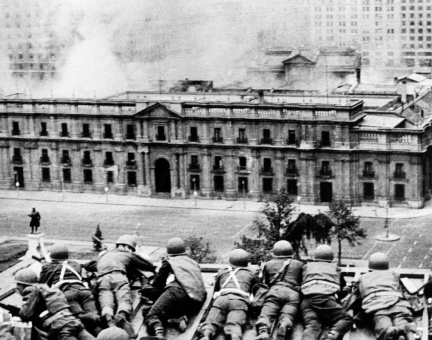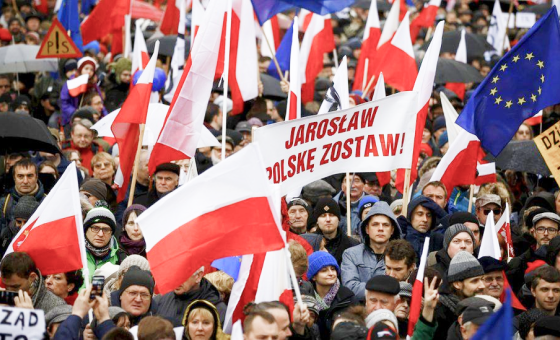OUR WHY
Democracy is the foundation that provides citizens with access to freedoms and human rights.
Democracy helps put in place checks and balances and reduce corruption by putting the power back in the hands of citizens. Around the world, democracy and its values continue to be assaulted. Basic human rights such as freedom of speech, fair and free elections, and gender equality continue to be taken away.
The unfortunate current reality is that the majority of nations around the world are still not considered full democracies, with many implementing authoritarian practices. That number has significantly decreased in recent years, most recently due to the impact of the COVID-19 pandemic. In fact, only 6.4% of the global population is currently living in a fully democratic state*.
Looking at the evolution of democratic institutions over the past 25 years, there is a direct link between democracy and the betterment of citizens lives’.
6.4% of the global population
is currently living in a fully democratic state.
85% of countries with moderate to strong adherence to the rule of law are democracies.
81% of the countries where communities are at risk for genocide, or systematic violent repression are authoritarian or hybrid regimes.
100% of the countries where survey respondents expressed “High Approval” for free speech are democracies.
Only 7% of countries offer a favorable environment for journalism. All are democracies.
78% of the top tier countries for women’s empowerment are democracies.
100% of the countries with the 25 lowest scores for civil liberties are authoritarian governments.
Globally, judicial independence is most threatened in 10 authoritarian countries.
86% of the 50 best countries for access to essential health services are democracies.
Only 7% of countries offer a favorable environment for journalism. All are democracies.
85% of countries with moderate to strong adherence to the rule of law are democracies.
78% of the top tier countries for Women’s Empowerment are democracies.
81% of the countries where communities are at risk for genocide, or systematic violent repression are authoritarian or hybrid regimes.
100% of the countries with the 25 lowest scores for civil liberties are authoritarian governments.
100% of the countries where survey respondents expressed “High Approval” for free speech are democracies.
Globally, judicial independence is most threatened in 10 authoritarian countries.
We who believe in freedom
cannot rest.
Spain ![]()
Democratization in Spain took place over a significant period of time in the 1970’s, and whilst not a perfect and clear transition, a transformation began to take place moving citizens into a new era of democratic rights and freedoms.



Chile ![]()
The Chilean transition to democracy spanned nearly two decades, well beyond the end of Pinochet’s tyrannical rule over its citizens, who for many years were forced to live under extreme conditions and subjected to detention, torture and even death. After many more years that included a rollback of military influence, democratic institutions continued to stabilize.



Uruguay ![]()
Democracy was slow to return to this South American country that faced a significant amount of internal turmoil through its political landscape, and subsequent era of instability coupled with serious infractions of basic human rights. Nonetheless, the mid 80’s saw a re-emergence of democratic practices that would continue to evolve in recent years.



Poland ![]()
A former communist state, Poland underwent massive reformation to begin its transition into a democratic nation as a result of the Eastern bloc’s weakened power grip, and its citizens dissatisfaction with their government. The perestroika period that dominated the mid-80’s provided an ample opportunity to create a new Poland, eventually joining NATO and the EU.





